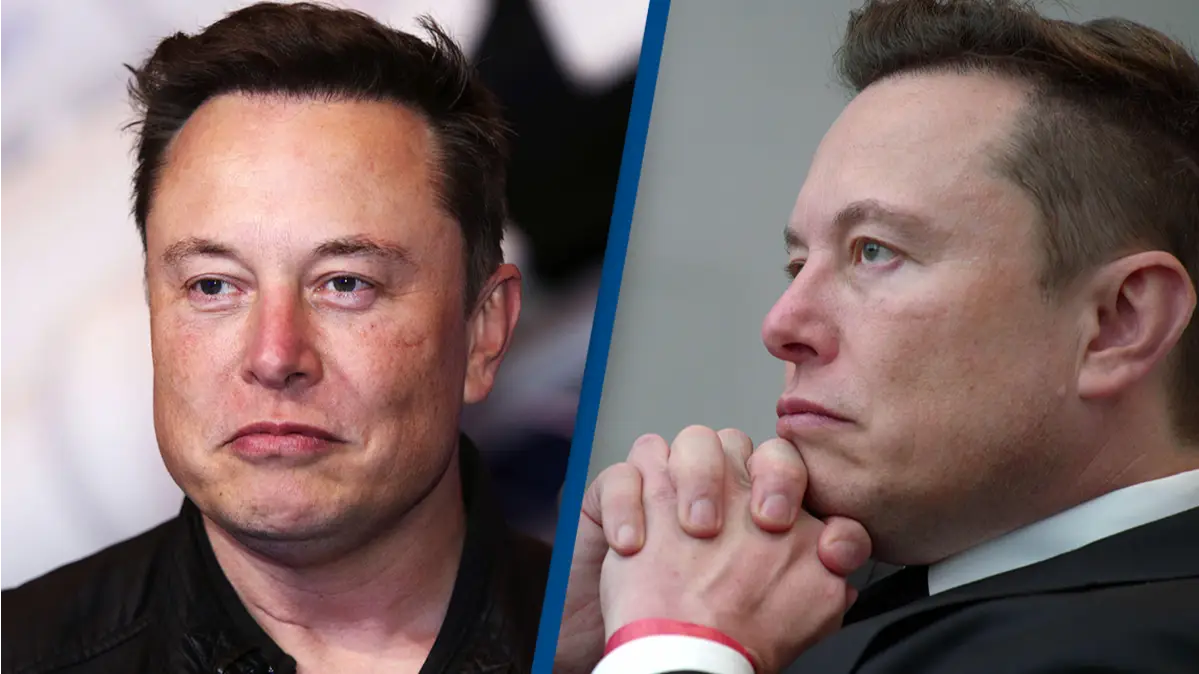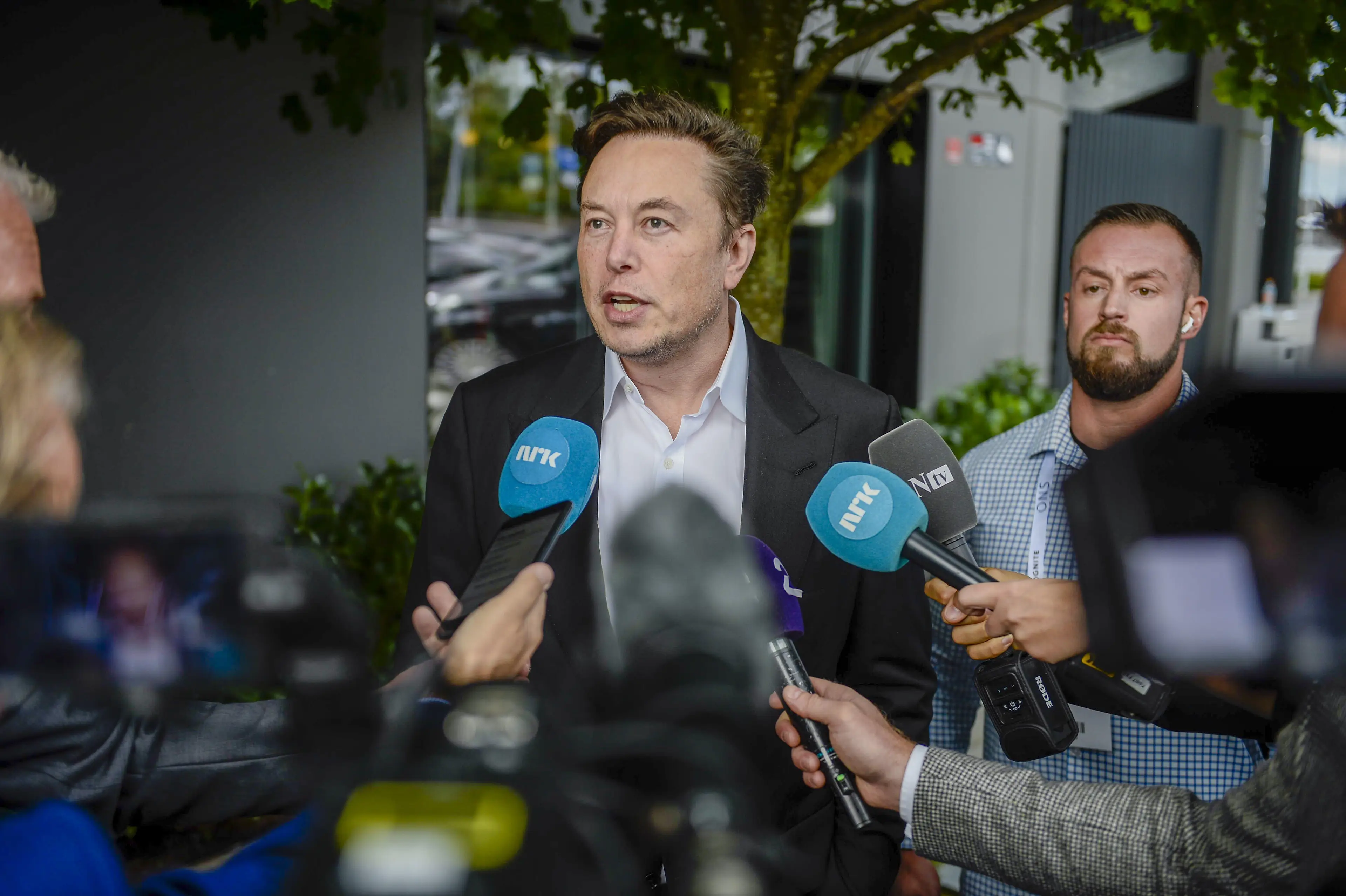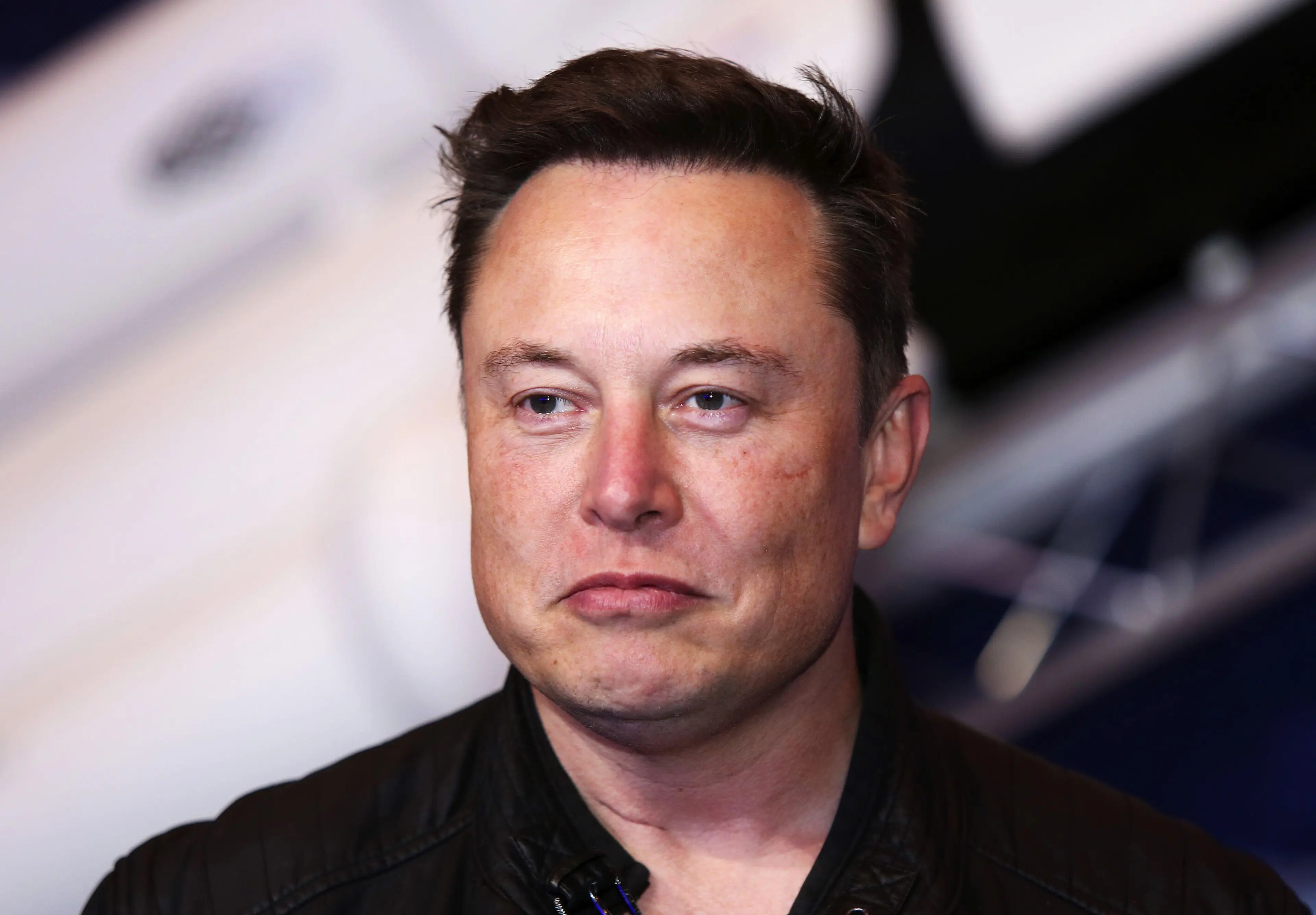
After several big brands announced they were pausing their ad campaigns on Twitter, new boss Elon Musk has been forced to downplay buying ad space from one of his own companies on the platform.
The tech entrepreneur, 51, has had a rocky start at the helm of the social networking site - with this being the latest controversy following the whole blue tick fiasco.
On Sunday (13 November), CNBC reported that Musk's company SpaceX had bought 'one of the larger advertising packages available from Twitter'.
Advert
The campaign was to promote SpaceX's Starlink satellite internet service in Spain and Australia, and CNBC said similar Twitter advertising packages can cost over $250,000 (£200,000).
Musk admitted today (14 November) that SpaceX had bought ad space on Twitter, but downplayed the size of the deal.
He said: "SpaceX Starlink bought a tiny - not large - ad package to test effectiveness of Twitter advertising in Australia & Spain."

Regardless of how much Musk spent on the advertising deal, this is a particularly notable move because Musk has not previously bought traditional advertising for any of his companies, including Tesla.
He clarified he hasn't just invested in space on Twitter, but on Facebook, Instagram and Google too.
This comes after a number of advertisers paused their advertising on Twitter after Musk took over.
This is partly because the tech entrepreneur, 51, made the controversial decision to sell blue ticks for a monthly subscription fee of $8, resulting in countless parody accounts.
Under Twitter's previous rules, blue ticks were only given to accounts that were authentic, active and in the public interest like celebrities, major companies and journalists.

After the introduction of Twitter Blue, countless parody accounts appeared over night, posing as notable figures including Musk himself and former President George W. Bush.
This had a profound effect on advertisers' willingness to invest in the platform because it was previously used to speak with customers with a legitimacy, particularly when it came to complaints.
But now that anyone can pretend to be anyone - a system that's temporarily suspended, but Musk said will be returning - some have lost faith in the platform.
Reacting to the withdrawal of advertisers, Musk tweeted: "Twitter has had a massive drop in revenue, due to activist groups pressuring advertisers, even though nothing has changed with content moderation and we did everything we could to appease the activists.
"Extremely messed up! They're trying to destroy free speech in America."
Some of the companies who have announced that they are pausing ads on Twitter after Musk's takeover include General Mills and the North Face.
Musk's latest announcement on the platform, however, might give advertisers some hope in Twitter again.
He tweeted after the slew of impersonators on Sunday: "Rolling out soon, Twitter will enable organisations to identify which other Twitter accounts are actually associated with them."
